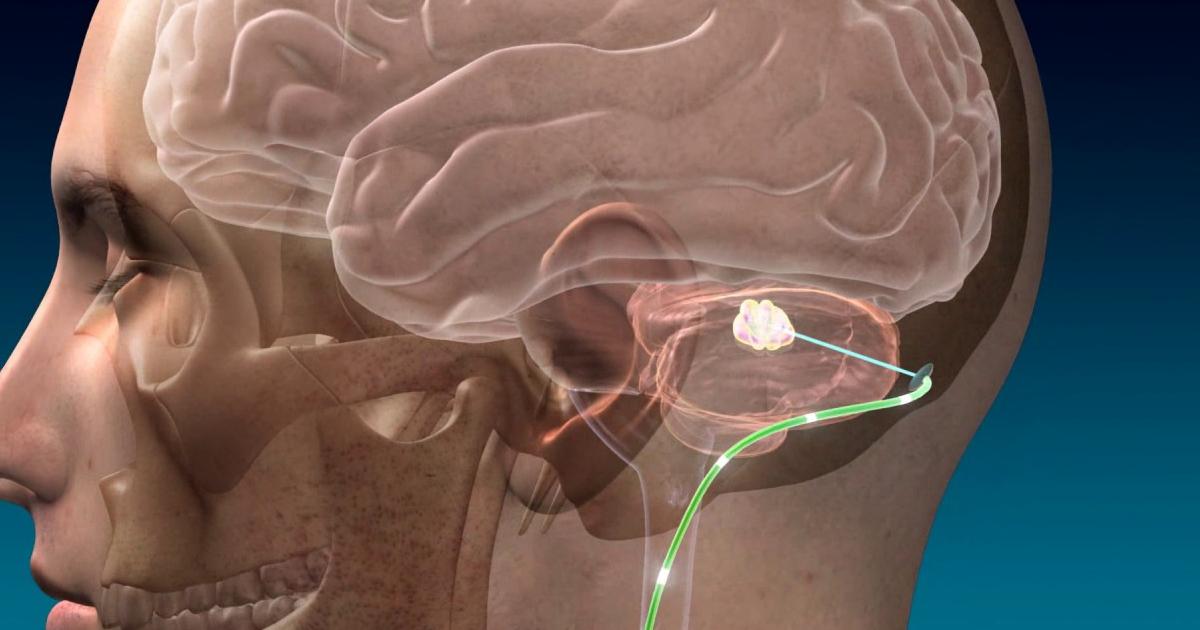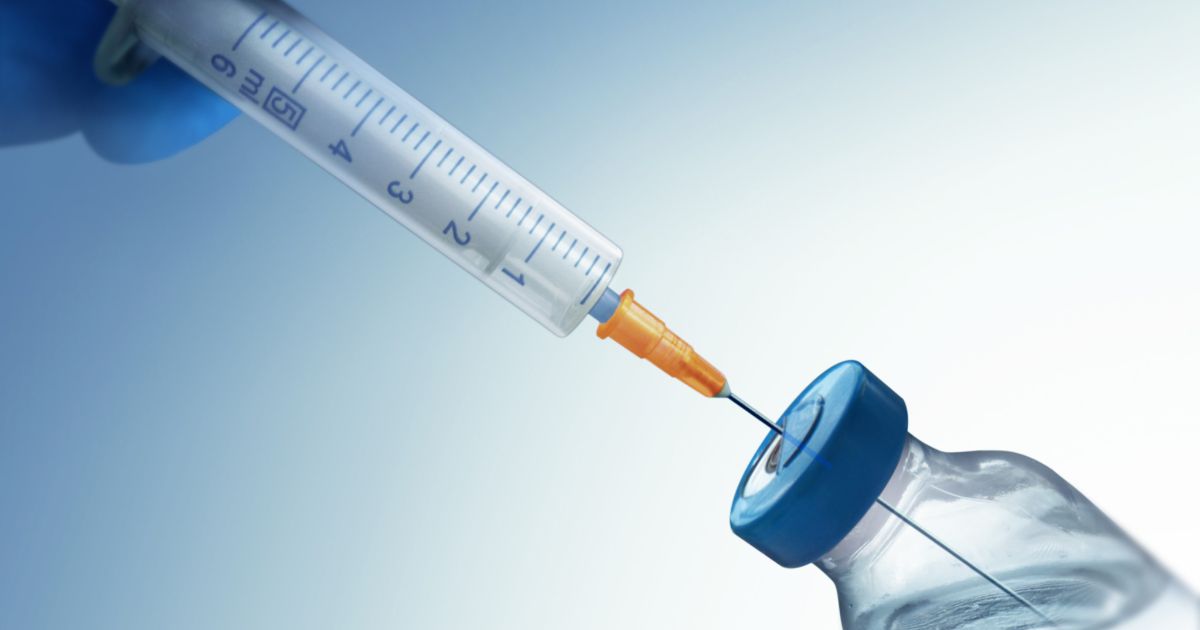How To Treat Tourette Syndrome
Tourette syndrome is a condition that causes patients to make involuntary sounds or repetitive movements they have trouble controlling. Some common tics or movements associated with this condition include blinking the eyes, shrugging the shoulders, making loud sounds, or saying offensive words. The first tics usually begin between two and fifteen years old, with six years old being the average age of onset.
While the condition doesn't have a cure, there are multiple available treatments. Many patients don't require treatment if their symptoms don't cause problems. Tics often become more easily controlled and less severe after the teen years. The main symptoms of Tourette syndrome are tics that vary in severity. There are simple and complex tics, and tics may be muscle-related or vocal.
Psychotherapy

Certain types of psychotherapy can be effective in helping patients manage the severity and frequency of tics. One technique is called comprehensive behavioral intervention for tics, commonly abbreviated CBIT. In the past, the only method of treating Tourette syndrome was through the use of medication. However, recently published research has shown psychotherapy can also be helpful. While there isn't a thorough understanding of what exactly causes Tourette syndrome, these studies imply the brain can be shaped by environmental stimuli as well as medication.
Comprehensive behavioral intervention for tics was first researched and developed in 2001. CBIT programs utilize three important components. First, they teach the patient to be aware of their tics. They then teach patients to engage in competing or alternate behavior when the urge to tic arises. Third, the medical professionals work with the patient and their family to make changes to their day-to-day life and environment to reduce tics.
Antiseizure Medication

Recent research has suggested certain individuals with Tourette syndrome can be treated with topiramate, which is usually used for epilepsy treatment. In one study, about seventy-five percent of subjects showed moderate or marked improvement in their tics. The most common adverse effects were mood swings and aggression, which were observed in about ten percent of patients, and issues with cognition and language, which were observed in nearly twenty-five percent of patients.
With that said, these side effects are fairly typical of topiramate. There need to be more controlled studies regarding the medication before it's used as a common treatment for Tourette syndrome, and it's not certain whether other antiepileptics can also be effective.
Medications To Lessen Dopamine

The cause of Tourette syndrome isn't known, but it's possible the tics are related to an excess of dopamine in the brain. Certain medications that lessen dopamine have shown promising results in research. Some of the most common medications are haloperidol, fluphenazine, risperidone, and pimozide. The most typical side effect is weight gain, though the medications might make repetitive movement tics worse. Depending on the patient, doctors might recommend tetrabenazine, but this medication should be prescribed with caution because it can result in serious depression.
In addition, central adrenergic inhibitors like guanfacine and clonidine could help with behavioral problems like rage attacks and impulse control issues. For patients whose Tourette syndrome occurs alongside a mood or anxiety disorder, antidepressants may help with symptoms of anxiety and sadness. Medications for attention deficit hyperactivity disorder might also help with focus and concentration, which can lessen tics in some patients. However, others experienced increased tics when taking stimulant ADHD medications.
Deep Brain Stimulation

Deep brain stimulation is a treatment that may be used for severe tics when medications don't help. With deep brain stimulation, a battery-operated device is implanted into the brain and used to deliver electrical stimulation to certain areas responsible for movement. The theory is this can reduce tics by regulating electrical activity in the brain and smoothing the impulse for uncontrolled movement.
Deep brain stimulation therapy is still in the early stages of research, and more studies need to be done to determine whether the treatment is effective and safe for Tourette syndrome patients. Individuals who have severe, medication-resistant tics that cause them significant pain and distress may want to enroll in a study, but it's best to explore medication-related options first.
Botox Injections

Botox injections have been used to treat a variety of movement disorders that cause muscle overactivity. These include disorders that interfere with normal muscle tone, cause muscle spasms, or cause muscle contractures. With Tourette syndrome, some tics can be explained by muscle spasms that cause sustained, repetitive movements or uncontrolled vocalizations. This makes Botox injections an ideal choice for patients who have facial tics like head jerking, winking, and blinking.
The treatment might also be effective when patients experience vocalizations due to a spasm of the vocal cords. Botox is a neurotoxin that paralyzes and weakens the muscles. Each injection may have effects lasting between three and six months. Botox has been used for movement disorders since early in the 1980s. It's important to note Botox injections only treat one area of the body, so if a patient experiences multiple full-body tics, this may not be the most effective treatment option available.
